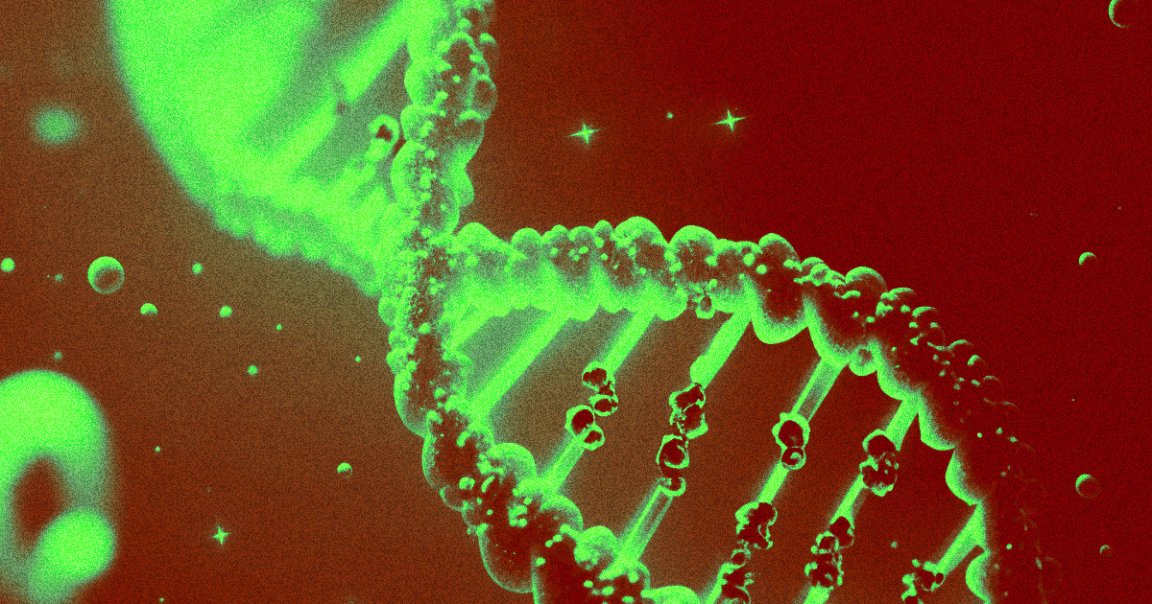
The holiday season means presents galore — but in the case of at-home DNA tests, some gifts may be better left unopened.
As experts told USA Today, the prevalence of self-serve DNA testing has made it much more likely that people discover painful family secrets — for instance, that one or both of your parents are not your genetic relatives — upon getting their results.
For years now, we’ve come across reports about people learning of their parents’ affairs via DNA testing kits from companies like Ancestry or 23andme.
Just a few months ago, the BBC published a story about the phenomenon. And most recently, 27-year-old Sabrina Laratta went viral on TikTok after finding out through a DNA test that the man who raised her was not her biological father — something even he didn’t know about.
“While it doesn’t change our relationship, it gives you this huge identity crisis,” Laratta told USA Today. “And the fact that I actually haven’t seen or met the other person that has some part to do with why I exist, feels like something’s kind of missing, still with that, too.”
“I was devastated to learn that I didn’t have this biological connection to my dad, like I had assumed I had my whole life,” she added.
Maryanne Fisher, a psychology professor at Canada’s St. Mary’s University, warned that these sorts of shocking revelations can have lasting impacts — and not everyone is prepared to handle them.
“Checking one’s intention before sending in a sample would be wise; what happens if you discover things you didn’t know previously about your existing family?” Fisher, who teaches at St. Mary’s University in Halifax, told USA Today. “Can you still maintain your level of happiness within your family life if you were to discover the story you believed is not accurate? How will you cope with these changes if they occur?”
In the case of Laratta, there was another surprising element to her story: her biological father was part Japanese, which means she is, too.
“I would obviously always get questions,” the young woman said. “People would ask me if I’m Asian, mixed Asian. And I would ask my parents, like, ‘why do people assume that or think that?'”
Fortunately, Laratta’s story did end up having a happy ending. She got in contact with her genetic father, texting back and forth and even speaking on the phone for a few hours.
More on DNA kits: Oops! 23andMe Admits Hackers Stole 7 Million Customers’ Genetic Data